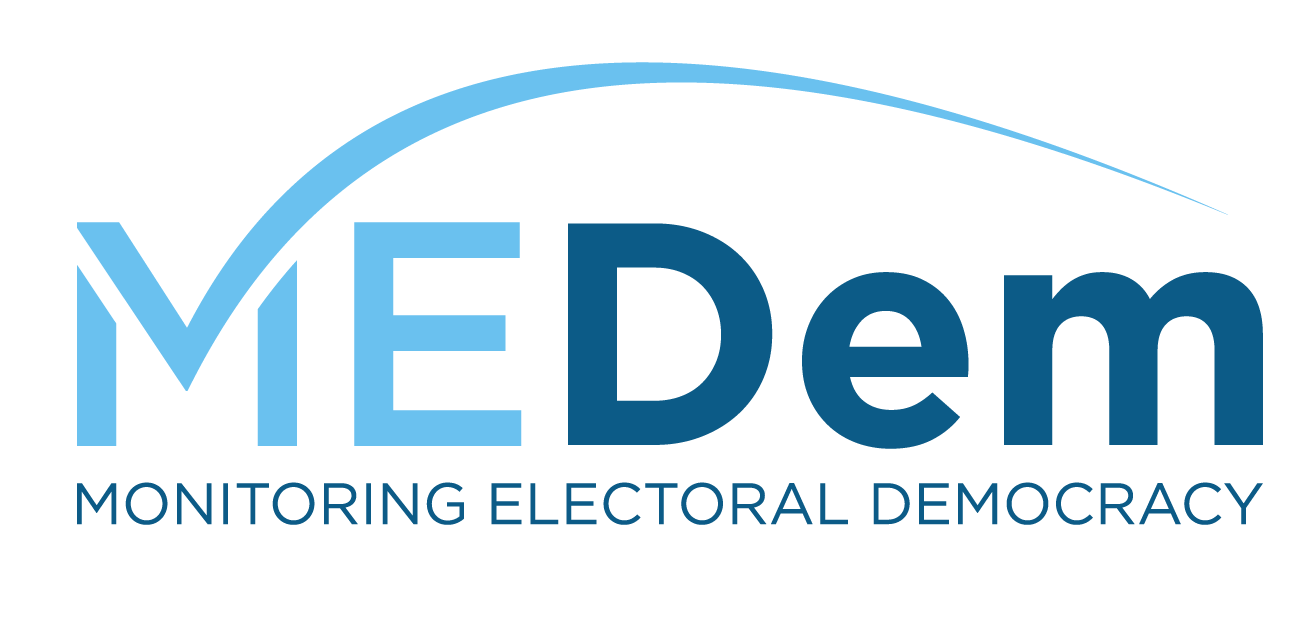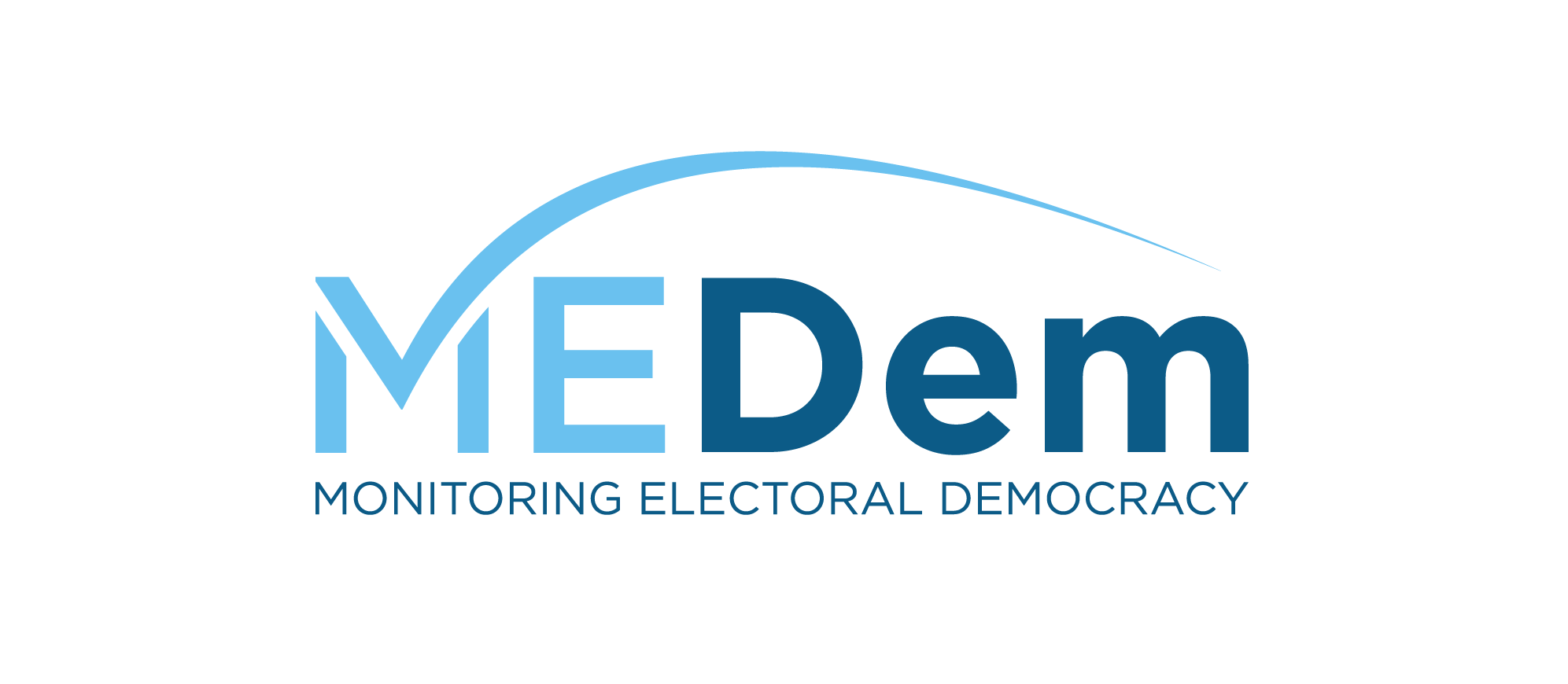MEDem gains support from 800+ Democracy Scholars
The MEDem community is growing exponentially! With our milestone of acquiring 1000 personal endorsements coming closer, we thank all democracy scholars from across Europe and beyond for supporting our research infrastructure and our path onto the ESFRI roadmap! In case you aren’t on this list yet, feel free to submit your personal expression of endorsement here!
New scholars and experts have joined the MEDem community and have expressed their support in our future as the European research infrastructure for democracy research. Some of them have shared their thoughts about the importance of MEDem:
I believe that comparative democracy research on electoral democracies is essential. We cannot move beyond the state of the art without system data sources on the functioning of democracies and by building standards and instruments for data collection and analysis. – Jane Suiter, Dublin City University
Based on my extensive professional experience in developing research infrastructures for social sciences at both national and European levels, I wholeheartedly endorse the inclusion of MEDem into the ESFRI. Given the actual socio-political conjecture worldwide it is a necessity for the scientific community. – Dimitra Kondyli, National Centre for Social Research (EKKE)
I am tired of ending every paper with the lament that more comparative research is needed, knowing that I’d never have the energy to start such a project. Crossnational data collection and research coordination efforts are central to understanding how processes in political communication operate within and across contexts. It is the only way to generate evidence that is generalizable enough to be useful for policy-makers. – Tobias Rohrbach, University of Bern
Facilitating interoperability between the many valuable existing data sets on aspects of democracy is much-needed, and is timely given the growth and diversification of available data. I welcome the MEDem project as a member of the Comparative Agendas Project network and as a researcher of representative politics and public policy. – Conor Little, University of Limerick


